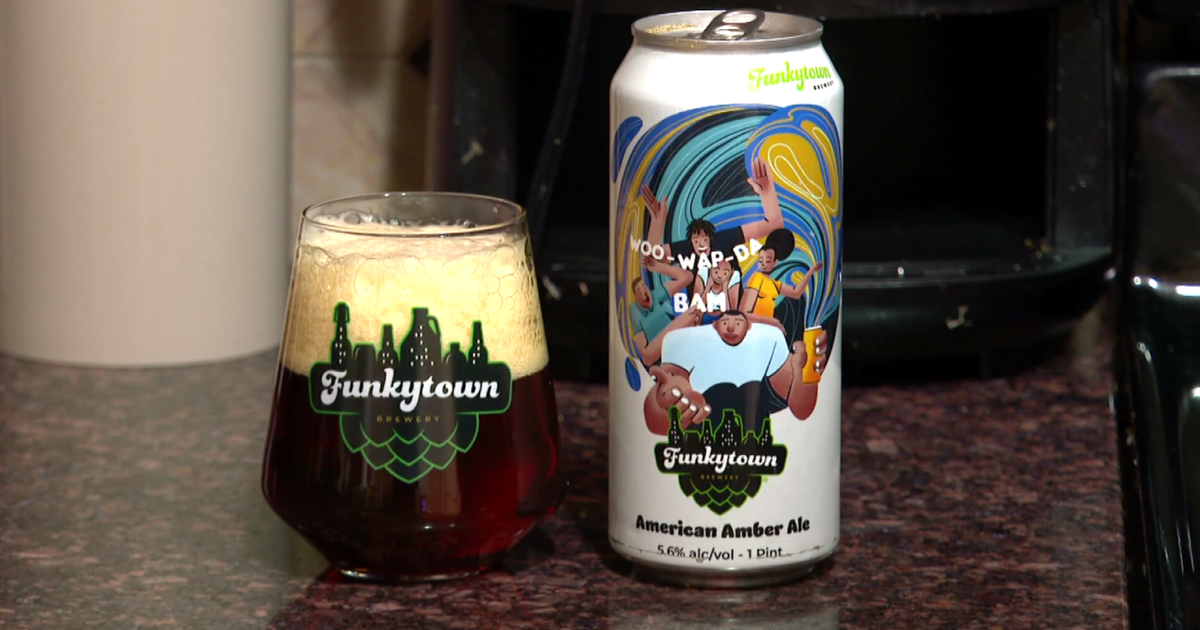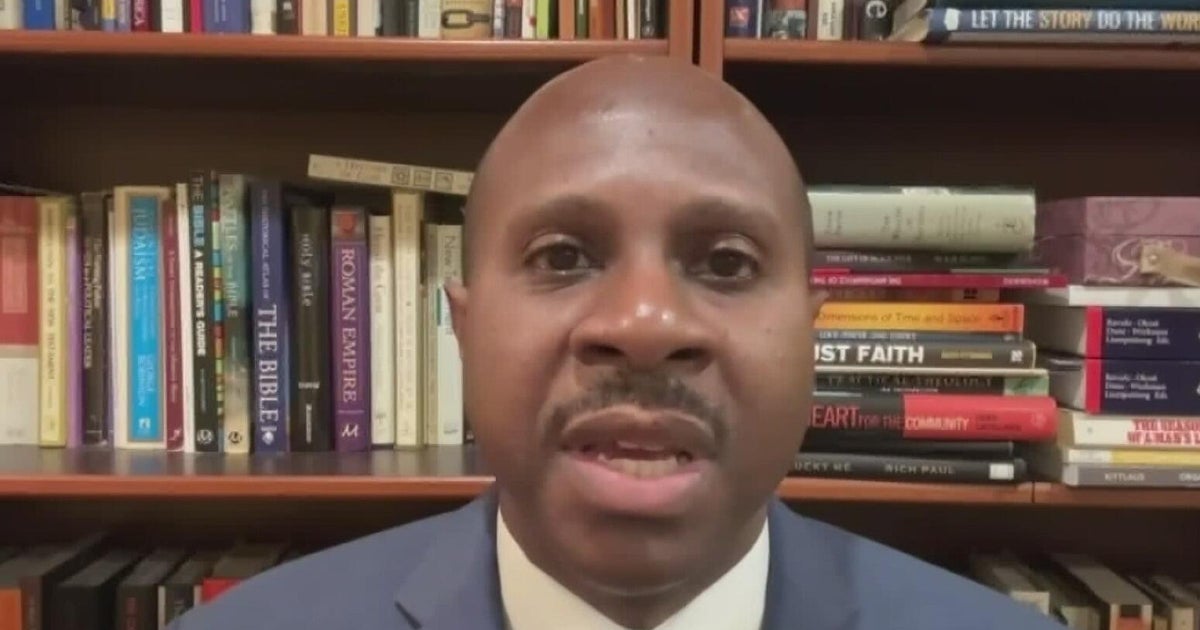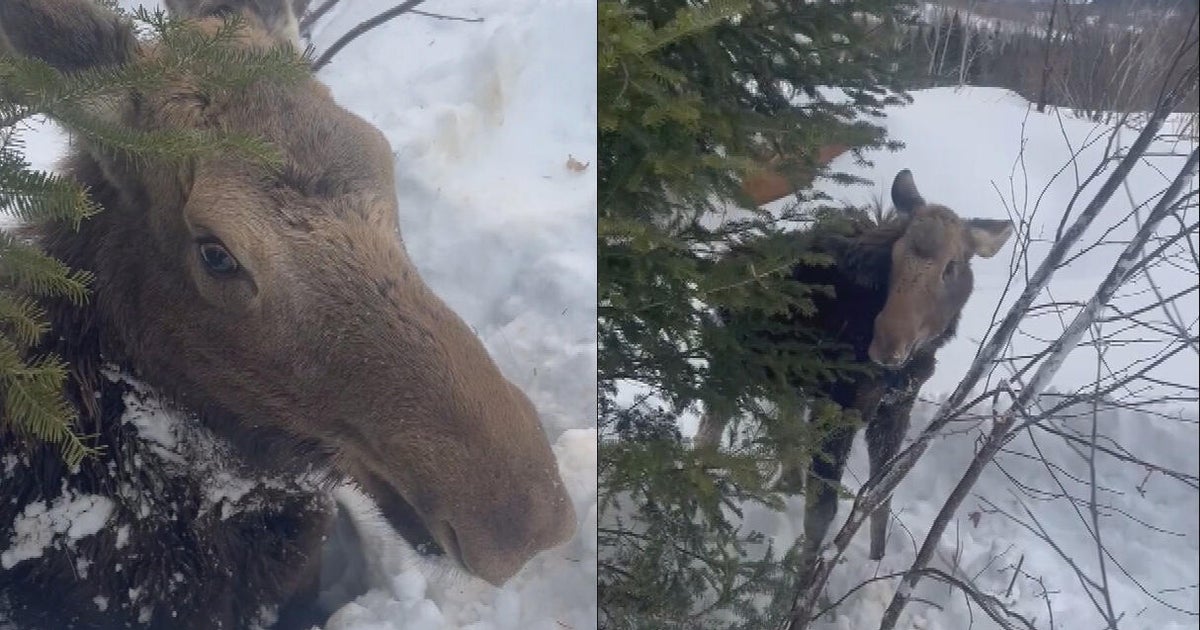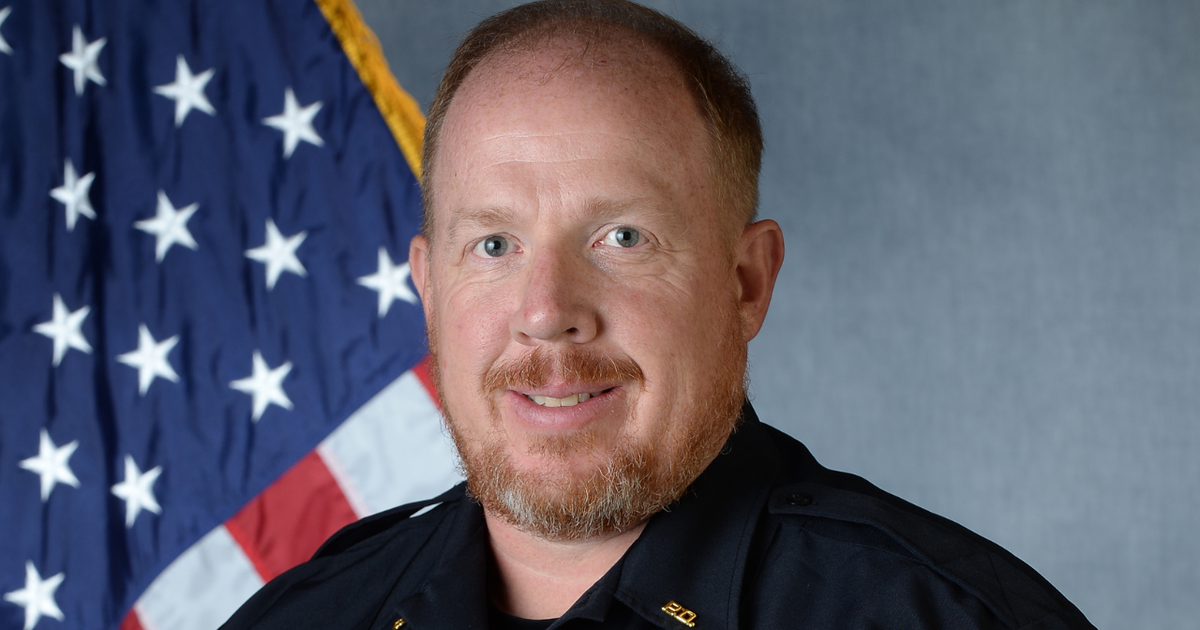Local Tap Talk: Tin Whiskers Brewing Co.
Over the last five years, the craft brewery movement has grown exponentially in Minnesota. The Associated Press says licensing records show two-thirds of Minnesota's active breweries opened in 2010 or later. So we decided to help you – and your livers – keep up with the taproom trend by stopping by some of these Twin Cities brewhouses. Second up, Tin Whiskers Brewing Co.
Tin Whiskers -- a brewing company and taproom located in downtown St. Paul -- has humble beginnings like most craft breweries throughout Minnesota, but with an interesting twist: All three founders are electrical engineers.
Founders Jeff Moriarty, Jake Johnson and George Kellerman first met at the University of Minnesota and later worked together at a small engineering services company in downtown Minneapolis. While enjoying ample happy hours nearby, the topic of beer and the brewing of it seemed to always come up.
Years later (after some experiments gone wrong in Jake's mother's kitchen), Tin Whiskers was born in 2011 and is now comfortably nestled in downtown St. Paul.
So, why the name? How do electrical engineers get into the brewing business? Check out the interview with Jeff Moriarty below for more!
------
COLE PREMO: Tin Whiskers is an interesting business name. How did you decide on that?
JEFF MORIARTY: When it came to naming the business, we wanted something that really tied us together and gave us a strong identity. (During happy hours), everyone would read through an engineering glossary, throwing out names, kind of seeing what sticks. Eventually we settled on three names: Tin Whiskers, Logicale and Olms Brewing. We worked with a graphic designer and branded each of them up … tried it out on anyone and everyone we could get our hands on – including strangers – and Tin Whiskers really stuck in people's minds. Something just clicks in your head for some reason. A lot of it is the uniqueness of the name and it's got different layers to it. There's the engineering side, and Tin Whiskers could probably mean other things to other people.
Funny thing is, we name the company Tin Whiskers, which is actually a phenomenon that causes a quality defect in out circuit boards – that's what we design. Pure tin has this property where it grows fine tin hairs on its surface, and we use tin as one of the metals to solder our components. Therefore, we have these short circuits. The industry has since mitigated that problem … So Tin Whiskers is that, and we have a robot that is our kind of mascot. What's better than a robot and beer? And all the beer names are electrical engineering terms or actual things, like Wheatstone Bridge is a common sensor used in a lot of pressure applications.
PREMO: So how do three electrical engineers get into the brewing business? What was the spark that started it all?
MORIARTY: (Jake Johnson and my) journey began eight years ago. We were just graduating from the U, we were both interning at the same company and just came of age and started in this craft beer thing – I remember cutting my teeth on Summit EPA – and we kept hearing this thing about home brewing. … So we got our first kit together and took it to Jake's mother's house in Roseville. She let us brew there for the summer, which is kind of marvelous that she let us, because she hated the mess, the smell and, pretty much, the beer. But she put up with us. So, we fell in love with the whole thing.
I like to tell people there's a lot of parallels with brewing and engineering. At the end of the day, both are taking science and combining it with art to make product. In this case, the product is much more fun than some electronic circuit board widget.
So we went our separate ways and kept brewing, kept sharing for four years. And I was getting really burnt out of engineering at the time and wanted to open my own business – was actually dabbling with trying to start an Irish pub – but I'm like, Why would I do that? I like brewing way better and restaurants fail all the time.
So, we toured Surly and Flat Earth and listened to their stories and got really inspired. You don't need to be a ten-year veteran on the business to start your own business, and sometimes that's what it's made to feel like, especially when you're that young. So we decided to just go for it. It took us, from then, four years to start brewing here. In the intervening four years, we had built a half-barrel brew house that resided in my basement for that long. We iterated all of our core beers six to eight times to arrive at the final recipe.
PREMO: What successes/failures define Tin Whiskers? What things went right/wrong and how did they help the business become what it is?
MORIARTY: What went right ultimately came down to two things: Patience and persistence. We spent so long working to convince investors to invest in us, honing the plan repeatedly over and over again and honing the beers … that those rough intervening four years paid off immensely for us. We hit the ground running. We were well-prepared, we were well-staffed and we knew what we were doing for the most part. So everything came together really well. Hiring a good staff and trusting them has been huge.
The only problem we had with the initial stuff is we assumed the equipment would be installed properly and it wasn't.
But it's a hard thing to do. Our start-up phase – four years – was a long time. And there were many times where we were at our rope's end and thought it wasn't gonna happen. And it came to that point three times … but we were persistent and didn't quit.
Investment was hard. We learned a lot in that and learned a lot about not selling out just to get it going – even though it meant it might not happen, but it wasn't the right deal for us.
PREMO: What's selling out in your situation?
MORIARTY: Just giving into whatever the big money investors want even though it doesn't fit with your vision. We went down that road for a little bit and eventually separated ways. Either we're going to do it with the vision that we have in mind … or not do it at all. It was a really great early test for us.
PREMO: You have an electrical engineering "day job," too. How do you balance that with brewing?
MORIARTY: It's tough working 90 hours a week. Luckily, both jobs are somewhat flexible, but a lot of the work I do for (Tin Whiskers) I can do from home and on weekends. I pretty much work seven days a week – kind of spread it out. I've got a 6-month-old at home and one of the saving graces there is that I work two jobs and my wife gets to stay home and raise our son. You make it work but having great employees really helps out.
PREMO: So tell me about your beer selection.
MORIARTY: We try to keep eight on tap all the time. This includes usually an infusion, or pilot series, beer. We always have a nitro. And we have a ninth beer that's a cask beer that's on all the time that rotates out pretty regularly. So the infusions, the pilot and the cask are rotating out quite often.
PREMO: What beers would you recommend for the casual beer drinker? For the beer snob?
MORIARTY: If they're not a big beer drinker, we recommend the Wheatstone Bridge, because of the nice Honey Chamomile flavors. It's not typical wheat beer flavored. A lot of people drink tea so they understand the chamomile flavor there. It's fairly refreshing and easy to drink.
For the beer snob, we recommend our Flipswitch IPA or our seasonals, like the pumpkin pie beer -- Schottky Pumpkin Ale.
PREMO: Lastly, are there any future plans/goals for Tin Whiskers?
MORIARTY: Yeah, actually. So, we have five 15-barrel fermenters, and with our fermentation times, we roughly estimate we get about 1,500 barrels a year capacity. And we are projecting that we'll probably need to up that here either before summer or during summer/fall. So, we're looking at selling off three 15-barrels and bringing in three 30-barrels. That'll bring our capacity up to 2,500 barrels. That's probably about the limit we can reasonably/logically do out of our landlocked location.
Grander aspirations are to one day hopefully build a second brewing facility -- to be a wholesale production-type thing. Kind of like what Fulton did. This (St. Paul location) is supposed to be our taproom and the second location would be the big production, somewhere in St. Paul or Roseville. So that's long-term grand aspirations. We're trying to get to a 15,000 to 20,000 a year brewery.
One last interesting mention:
Last year, an engineer for NASA ran across the brewing company's website, and he just happened to be one of the leading experts on the "tin whiskers" phenomenon. Soon enough, he stopped by for some beer and gifted them with a printed circuit board card guide, which had been installed aboard the space shuttle Endeavor. The piece of Endeavor shows all kinds of real-life tin whiskers. And it's been to space and back again multiple times. No big deal. Read more about it here.







